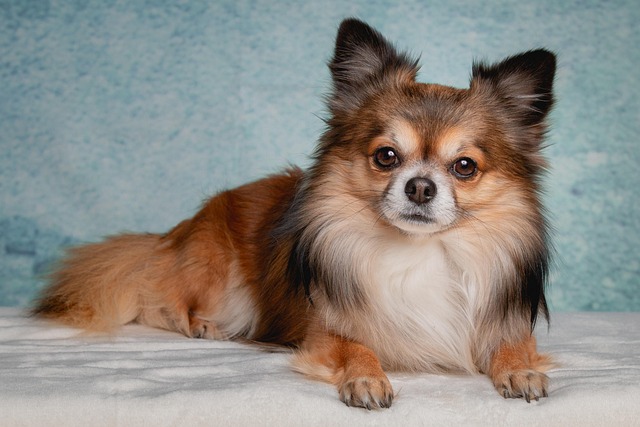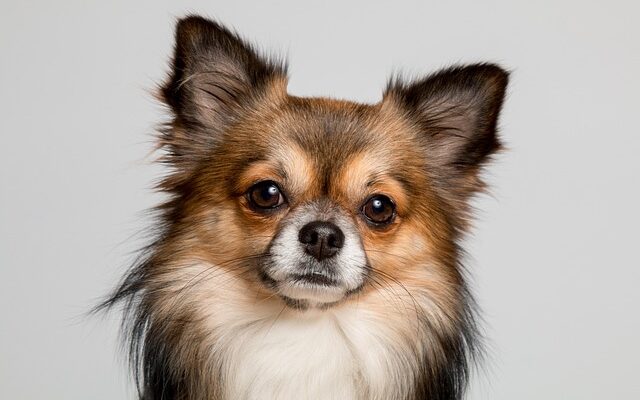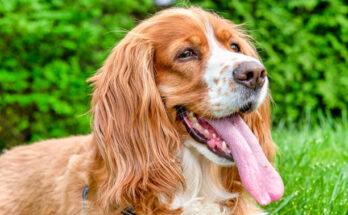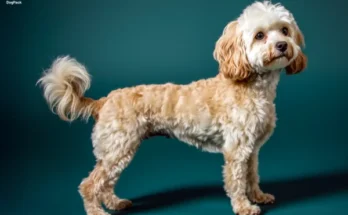As one of the smallest dog breeds worldwide the Chihuahua presents itself through a big personality despite its tiny body structure. Dog enthusiasts throughout the world admire this petite pet dog because it comes from ancient times and displays a vibrant affectionate nature. A complete reference delves into Chihuahua dog culture from their background to their behavioral qualities and appropriate care needs.
Table of Contents
- Introduction to Chihuahuas
- History and Origin
- Physical Characteristics
- Personality and Temperament
- Training a Chihuahua
- Exercise and Activity Needs
- Nutritional Requirements and Diet
- Grooming and Hygiene
- Common Health Issues and Preventive Care
- Socialization and Behavior
- Living Conditions and Adaptability
- Fun Activities and Games
- Conclusion
Introduction to Chihuahuas
Small though they may be Chihuahuas exhibit a bold character combined with expressiveness and an abundant personality. The small size of Chihuahuas fits perfectly into urban apartments and together with their enthusiastic nature they will maintain constant engagement with their surroundings. Chihuahuas establish deep connectedness with their relatives through their loyal and energetic personality.
History and Origin
Ancient Roots in Mexico
Historical records link the ancestors of Chihuahuas to ancient Mexico. Traditions from Mexico indicate that the Techichi dogs served as companions of the Toltecs before becoming favored pets to the Aztec people.
Rediscovery in the 19th Century
Tourists returning from the Mexican Chihuahua state introduced the small dogs to American public view during the mid-1800s. The charm of these dogs led to their success in America so that in 1904 the American Kennel Club (AKC) approved the Chihuahua breed.
Fun Fact:
The Aztecs identified Chihuahuas as holy creatures with the ability to navigate deceased souls during their visit to the underworld.
Physical Characteristics

Size and Build
- Height: 5–8 inches
- Weight: 2–6 pounds
- Build: Small, delicate, yet well-proportioned
Coat and Colors
Two variations of Chihuahua coat exist: short-haired known as smooth and the longer-haired classification named long coat. Different grooming approaches are needed for these two varieties yet their popularity remains high due to their attractive look.
Common Colors:
- Fawn
- Black
- White
- Chocolate
- Cream
- Blue
- Gold
- Tricolor (a mix of black, white, and tan)
Personality and Temperament
Chihuahuas measure short in body size yet maintain huge character alongside brave personality types. This create intense bond connections with humans by picking a single person to favor above others.
Are Chihuahuas Good Family Dogs?
The right family conditions exist when adults and older children show experience to care for small breeds of dogs. A dog achieves maximum happiness when its owner includes the dog in every day adventures.
Are Chihuahuas Good Guard Dogs?
Absolutely! Although Chihuahuas lack the muscle power needed to stop home invaders successfully they remain outstanding watch dogs because of their noticeable barking and quick alertness.
Training a Chihuahua
Intelligence and Trainability
Chihuahuas function as bright learners that want to obey yet they maintain strong willpower that makes training slightly difficult. When provided with regular positive reinforcement they will absorb commands along with tricks with ease.
Basic Training Tips:
Teach your Chihuahua during its young age to prevent forming poor habits such as persistent barking.
You should provide small treats together with enthusiastic praise each time the dog shows desired behavior.
Harsh vocal corrections should be avoided since Chihuahuas intensely react to sound volumes.
Crate training establishes both house training along with providing your dog a personal space to rest.
Socialization
The socialization of a young Chihuahua is vital for developing an outgoing dog with friendly behavior. During their puppy period expose them to fresh settings and unusual sounds together with various individuals and animal species.
Exercise and Activity Needs
Chihuahuas remain active and always show curiosity although their bodies stay small.
Daily Exercise Needs:
- 20–30 minutes of moderate activity
- One or two short walks
- Indoor play with toys or games
Mental Stimulation:
Keep their minds sharp with:
- Puzzle toys
- Hide-and-seek
- New trick training
- Interactive feeders
Nutritional Requirements and Diet
A proper diet is crucial for maintaining your Chihuahua’s health and energy.
Recommended Diet:
Protein: Chicken, turkey, or fish
Healthy fats: Omega-3 and omega-6 for coat health
Carbohydrates: Sweet potatoes, brown rice, vegetables
Table scraps as well as processed treats and high-fat foods should be avoided.
Feeding Schedule:
Puppies: 3–4 meals per day
Adults: 2 meals per day
Grooming and Hygiene
Grooming Routine:
Smooth Coat :
- Brushing: Once per week
- Bathing: Every 6–8 weeks
Long Coat :
- Brushing: 2–3 times per week to prevent tangles
- Bathing: Monthly
All Chihuahuas:
- Nail Trimming: Every 2–3 weeks
- Ear Cleaning: Weekly
- Dental Care: Brush teeth daily or at least 3 times per week
Common Health Issues and Preventive Care
These dogs typically stay healthy but face specific health risks because they have both small physique and genetic weak points.
Common Health Problems:
Patellar Luxation (knee cap dislocation)
Dental Disease
Heart Problems (such as mitral valve disease)
Collapsed Trachea
Hydrocephalus (fluid buildup in the brain)
Hypoglycemia (low blood sugar in puppies)
Preventive Care:
- Annual wellness checks
- Vaccinations and deworming
- Maintain a healthy weight
- Regular dental cleanings
- Use harnesses instead of collars to avoid trachea damage
Socialization and Behavior
Tips for Socializing Your Chihuahua:
- Begin introducing new people and pets from a young age
- Visit dog-friendly parks (carefully supervised)
- Arrange controlled playdates with friendly dogs
- Expose them to various sounds and environments
Common Behavioral Traits:
Loyal: Often bond closely to one person
Vocal: Quick to alert and bark
Chihuahuas will not yield to either small or medium-sized dogs whenever they feel threatened.
Physical attachment and constant nearness to loved ones defines the behavior of Chihuahuas.
Living Conditions and Adaptability
Chihuahuas live well in multiple residential settings although they need ongoing supervision and a sense of safety from their environment.
Best Living Conditions:
- Apartments: Perfectly suited
- Houses: Great, especially with a secure yard
- City Life: Adapt well with supervision
Climate Considerations:
Chihuahuas possess high sensitivity to cold weather therefore a coat or sweater can be essential for their comfort.
Hot weather necessitates cold temperatures alongside regular water opportunities while they should remain inside during the hottest parts of the day.
Their short stature creates an easy escape risk through fences and puts them at risk of accidental foot injuries which makes constant supervision vital.
Fun Activities and Games
Although tiny in body the Chihuahua appreciates engaging games together with their family bond.
Recommended Games:
Fetch: Use lightweight toys
Tug-of-War: With small soft ropes
The hunt for their treasured toy or reward requires hiding it during their Hide and Seek game.
The activity of chasing a ball should happen within an enclosed yard or indoor space.
Mental Engagement:
- Training new tricks
- Agility (small-scale courses)
- Treat puzzles
- Obedience classes for fun and bonding
Conclusion
In spite of its petite size the purebred Chihuahua possesses a massive heart coupled with an oversized spirit and wholehearted loyalty. This establish themselves as wonderful pets because their requirements for affection along with safety and comfortable living spaces are successfully addressed.
Key Takeaways:
Chihuahuas embody alertness and tiny dimensions which perfectly match the families who need attentive companionship.
A successful training process together with early socialization activities are vital for handling their dominant behavioral tendencies.
The combination of routine grooming care and veterinarian check-ups including dental examinations protects their health status.
Although small in stature Chihuahuas need both intellectual and physical exercise every day.
The small breed makes suitable city-dwellers but requires protective measures during harsh environmental conditions.
Adopting a Chihuahua means obtaining lifelong love together with friendship as well as unforgettably lovable experiences if you care for your dog well.




